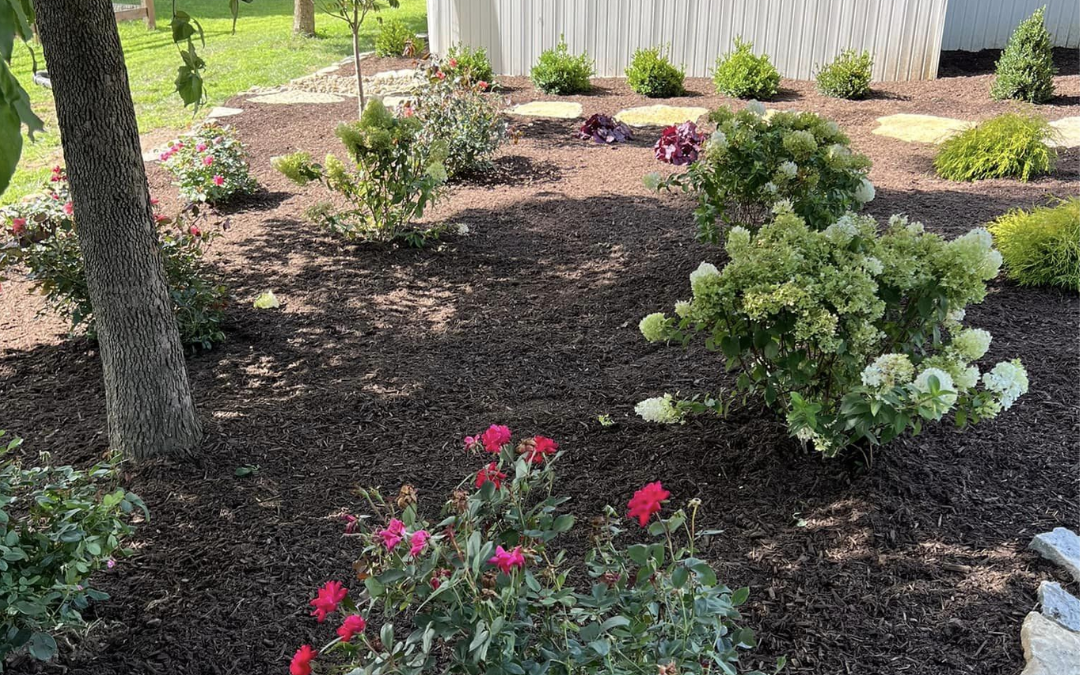In this enlightening and informative article about Mulching, we’ll gently excavate a few key concepts that will help anyone who’s interested to get more from their green spaces. Prepare to explore a fertile world which, while often overlooked, offers a myriad of benefits right under our noses, and fingertips. We’ll be delving into the functions and benefits of mulching, how to choose the right mulch for your garden, cost-effective mulching options, some DIY mulching tips, and finally, common mistakes to avoid when mulching. At the end of this read, you’ll be equipped with a wealth of knowledge to aid you on your mulching endeavors.
The Notable Benefits of Mulching
Mulching serves as a protective blanket over your soil. It helps conserve moisture, suppresses unwanted weeds from sprouting, enriches soil health, and enhances the overall aesthetics of your garden. Mulch can also help prevent soil erosion and control pests. Professionally-done mulching is not just beneficial but can significantly elevate the look of your garden. These benefits only underscore the importance of having experts such as Top Scapes Design handle your mulching needs.
Choosing the Right Mulch for Your Garden
Understanding the types and properties of mulch is crucial for selection. Organic mulches like hardwood chips, straw, and grass clippings enrich soil fertility as they decompose. Inorganic ones like rocks or rubber chips, meanwhile, are longer lasting but don’t enhance soil nutrients. Factors such as plant type, climate considerations, and aesthetic tastes can influence your mulch choice.
Cost-effective Mulching Options
Using locally available materials for mulching can save your pockets. Grass clippings, leaves, or compost can be effective organic mulches. Learning how to repurpose materials into mulch can optimize costs and is environmentally friendly. Always remember that professional guidance can show you how to get the most bang for your buck.
DIY Mulching Tips
If you decide to try your hand at mulching, there are important tips to keep in mind. Always water before and after mulching, maintain the correct mulch thickness depending on the mulch type, and avoid putting mulch against tree trunks or plant stems — this is commonly called “mulch volcanoes” and is a surefire way to harm your plants.
Common Mistakes When Mulching
Common mistakes people often make when mulching include using too much or too little mulch, using fresh instead of composted wood chips, and ignoring the needs of plants. Remember, every plant in your garden has different tolerance levels and preferences when it comes to mulching.
By digesting and applying the knowledge shared in this article, your thumb has just turned a little greener. Whether you seek the services of experienced professionals at Top Scapes Design or aspire to do-it-yourself, you are better equipped now. Why wait to enhance the health and look of your garden with perfect mulching! If this sparked your interest and you’re ready for a mulching adventure or you have any queries, reach out via phone at (937) 218-6729 or visit us on our Google Maps link. Happy mulching!

